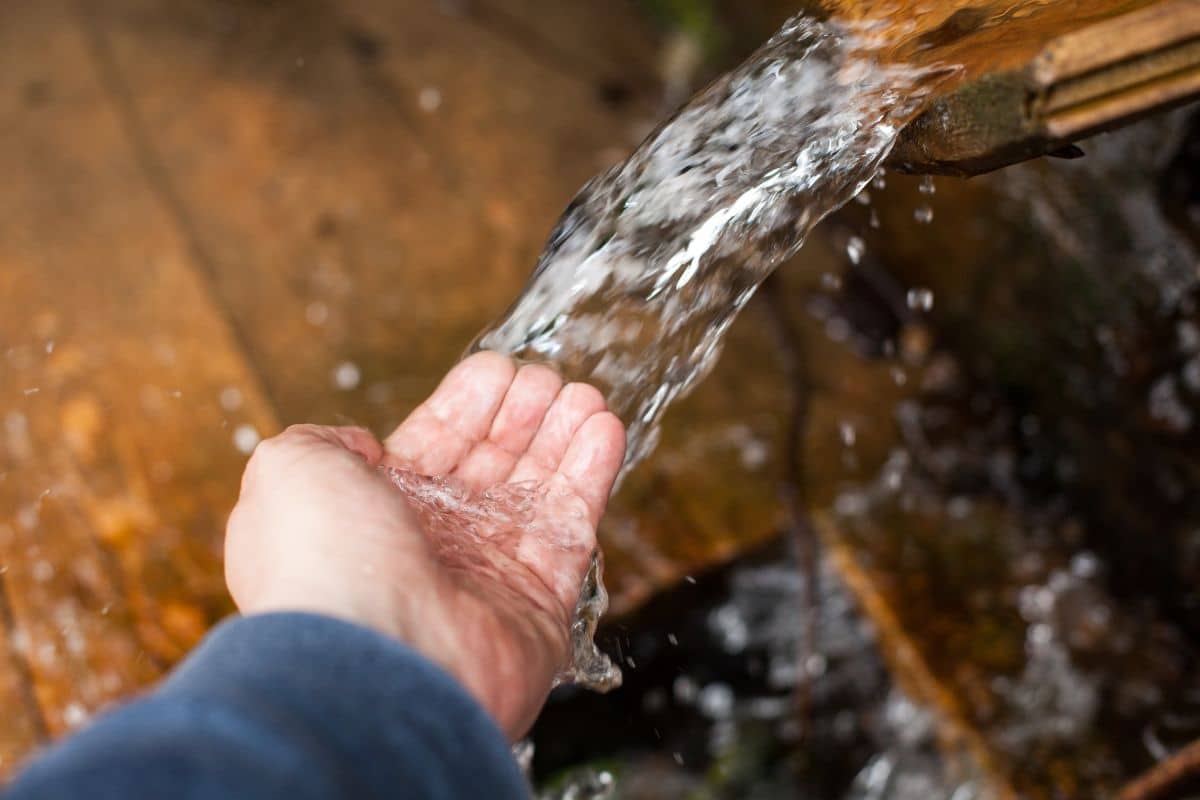As high as 67 percent of UAE consumers believe clean and safe water will be an issue within the next 5 years, a latest study found.
Significantly, even a higher number of UAE consumers – 79 percent – believe manufacturers and businesses in the country lack clear plans to combat water scarcity, showed the study by Ecolab, a global sustainability leader offering water solutions and services.
The study, however, said an overwhelming majority of UAE consumers – 84 percent – believe that water scarcity can be effectively addressed.
The study revealed UAE consumers’ attitudes towards climate change and water, highlighting a growing sense of urgency regarding water safety, conservation, and the need for industry to accelerate sustainability measures,” Ecolab said.
Stefan Umiastowski, Ecolab’s Senior Vice President & Market Head India, Middle East and Africa said at the heart of the climate crisis is water, as people experience the effects of climate change through water.
“This has broad implications not only for business but also for the communities where we live,” he said, adding that the results from Ecolab’s Watermark Study should galvanize leaders to assume a larger role in protecting this precious and finite resource.
Umiastowski, however, said the UAE government has taken a proactive stance in leading the way toward responsible water management, particularly in a region that faces unique challenges due to its limited freshwater resources.
In preparation for its role as host of the COP28, the UAE Ministry of Foreign Affairs released a discussion paper, ‘Ripple Effect Water Scarcity’, urging a coordinated international response to this pressing issue.
By focusing on water and consumer perceptions of the ongoing crisis, Ecolab’s Watermark Study provides insights on where and how stakeholders—whether government, businesses, NGOs or even individuals—can work together to successfully address critical global challenges.
“The insights drawn from the Ecolab Watermark Study reinforce the imperative of fostering cooperation between the private and public sectors to address global water challenges effectively. The good news for industry is that meeting this responsibility will not only deliver positive sustainability but tangible business outcomes too, Umiastowski said.
By 2030, the planet is set to face a 56 percent water deficit, according to the World Resources Institute (WRI).
The UN estimated that 1.6 billion people will lack safely managed drinking water by that year.
The MENA region has been recognised as the most water-stressed region in the world, with some 83 percent of the region’s population exposed to water stress caused by climate change.






